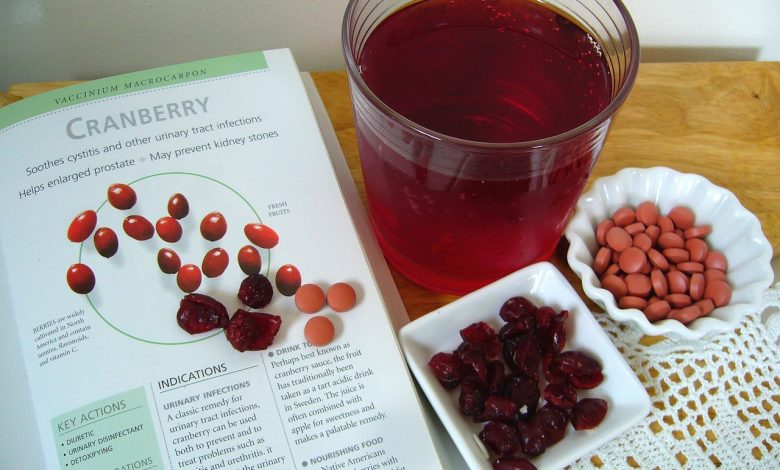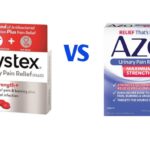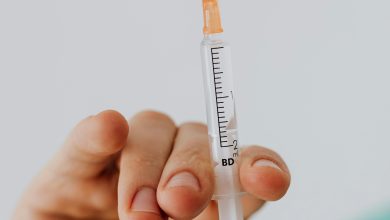How to Get Rid of Cystitis Fast at Home

What is Cystitis?
Cystitis is a medical condition characterized by inflammation of the bladder, typically resulting from a urinary tract infection (UTI). It is a common and often uncomfortable condition, with symptoms ranging from pain and a burning sensation during urination to lower abdominal discomfort. Cystitis can affect individuals of any age, but it is more prevalent in women due to their shorter urethra, which makes it easier for bacteria to travel from the external genital area to the bladder.
The primary cause of cystitis is the introduction of bacteria, usually from fecal matter, into the urethra. Once in the urethra, bacteria can ascend to the bladder, leading to infection and inflammation. Various factors can increase the risk of developing cystitis, including sexual activity, pregnancy, certain hygiene practices, and conditions that interfere with the complete emptying of the bladder.
While cystitis often resolves on its own, some cases may require medical intervention, particularly if symptoms persist or become severe. Treatment may involve antibiotics to eliminate the underlying infection.
What are the Symptoms of Cystitis?
Cystitis is characterized by a range of symptoms, primarily centered around discomfort in the bladder and changes in urinary habits. Common symptoms of cystitis include:
1. Pain, Burning, or Stinging during Urination:
• Individuals with cystitis often experience pain or a burning sensation when urinating.
2. Lower Abdominal Pain:
• Discomfort or pain is commonly felt in the lower part of the abdomen.
3. Increased Frequency of Urination:
• There may be a heightened urge to urinate more frequently than usual.
4. Changes in Urine Appearance:
• Urine may appear dark, cloudy, or have a stronger-than-usual odor.
5. Discomfort in the Pelvic Area:
• Some individuals may feel discomfort or pressure in the pelvic region.
It’s important to note that symptoms can vary in intensity, and not everyone with cystitis will experience all of these symptoms. In some cases, especially in children, symptoms may be less specific and can include issues like a high temperature, loss of appetite, or nausea.
If you suspect you have cystitis and are experiencing persistent or severe symptoms, it is advisable to seek medical attention. In the case of children, prompt medical evaluation is crucial, as untreated cystitis in children can potentially lead to kidney damage.
How to Get Rid of Cystitis Fast at Home
Stay Hydrated: Drinking plenty of water is essential for maintaining good urinary health. Adequate hydration helps flush out bacteria from your urinary system, reducing the risk of infection. Aim to drink at least 8 glasses (64 ounces) of water per day. If you’re experiencing cystitis symptoms, consider increasing your water intake to promote urine production and help eliminate bacteria from the bladder. Clear and diluted urine can also minimize irritation to the bladder lining.
Avoid Irritants: Certain substances can irritate the bladder and worsen cystitis symptoms. Steer clear of caffeinated beverages like coffee, tea, and sodas, as caffeine can act as a diuretic, potentially exacerbating dehydration. Alcohol, spicy foods, and acidic fruits, such as citrus fruits and tomatoes, can also irritate the bladder. Limiting or avoiding these irritants can contribute to symptom relief.
Warm Compress: Applying a warm compress to your lower abdomen can be soothing and may help alleviate discomfort associated with cystitis. Use a clean cloth or a heating pad on a low setting and apply it to the affected area for 15-20 minutes at a time. The warmth can promote blood flow, reduce muscle tension, and ease inflammation in the bladder region.
Urinate Regularly: Frequent urination helps prevent the accumulation of bacteria in the bladder. Avoid holding in urine for extended periods, as this can provide a breeding ground for bacteria. Empty your bladder whenever you feel the urge to urinate to help flush out potential infections and maintain urinary tract health.
Cranberry Juice: While some studies suggest that cranberry juice may have properties that hinder the adherence of bacteria to the urinary tract lining, more research is needed to confirm its effectiveness. If you decide to incorporate cranberry juice into your routine, choose unsweetened varieties to avoid added sugars, which can contribute to inflammation. However, it’s essential to consult with a healthcare professional for personalized advice.
Probiotics: Probiotics, whether obtained from yogurt or supplements, may help maintain a healthy balance of bacteria in your urinary tract. These beneficial bacteria can potentially prevent the overgrowth of harmful bacteria that may lead to infections. Consider including probiotic-rich foods in your diet or consulting with a healthcare provider about suitable supplements.
Avoid Harsh Soaps: Using mild, unscented soaps and avoiding harsh chemicals in the genital area is crucial for preventing irritation. Harsh soaps and chemical irritants can disrupt the natural balance of bacteria in the genital region, making it more susceptible to infections.
Over-the-Counter Pain Relief: Non-prescription pain relievers like ibuprofen or acetaminophen can help manage pain and discomfort associated with cystitis. Follow the recommended dosage instructions and guidelines provided by the medication’s packaging or your healthcare professional. Products like Utipro Plus AF , Uribel/AZO can also help with the discomfort and pain.
Heat Therapy: Applying a heating pad on a low setting or taking a warm bath can provide relief from discomfort caused by cystitis. The heat helps relax muscles, reduce tension, and alleviate pain in the lower abdomen. Ensure that the heat is not too intense to avoid skin irritation.
If symptoms persist or worsen, it’s crucial to seek medical attention promptly. Your healthcare provider may prescribe antibiotics if a bacterial infection is confirmed. It’s important to complete the full course of antibiotics, even if symptoms improve before the medication is finished.
After initial treatment, schedule a follow-up appointment with your healthcare provider to ensure the infection has cleared and to address any lingering symptoms or concerns. If you experience recurrent episodes of cystitis, your healthcare provider may recommend further evaluation to identify underlying causes.
It’s important to note that self-treatment and home remedies are supportive measures and should not replace professional medical advice. If you suspect you have cystitis or are experiencing persistent symptoms, consult with a healthcare professional for proper evaluation, diagnosis, and guidance on the most appropriate treatment plan for your specific situation.
What If You Keep Getting Cystitis?
If you repeatedly get cystitis, your doctor may prescribe a single-dose antibiotic to take within two hours of having sex, an antibiotic to take for up to six months, or a vaginal estrogen cream (if you have gone through menopause).





